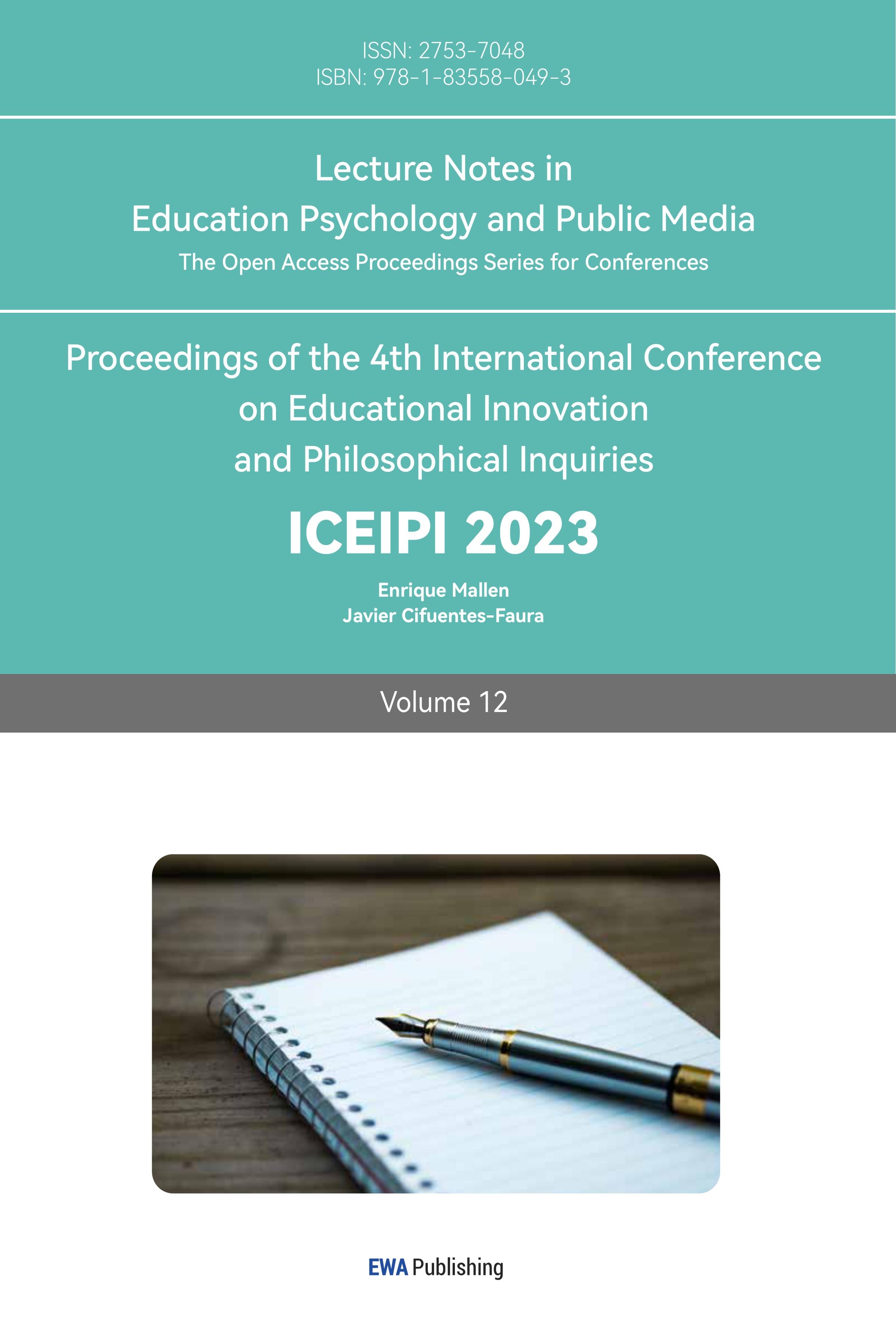References
[1]. Sarooshi. (2005). The Future of the WTO and Its Dispute Settlement System. International Organizations Law Review, 2(1), 129–152.
[2]. YU Peng. (2019). WTO Dispute Settlement Mechanism Crisis: Reasons, Progress and Prospects. Intertrade (05),10-18.
[3]. Chen. (2015). WTO’s Transparency Principle and China’s Value Orientation of E-Government. Transnational Corporations Review, 7(2), 223–231.
[4]. Zhang Xianglan & Tian Liao. (2013). A Study on the Transparency in the Dispute Settlement System of WTO. Wuhan University Journal (Philosophy and Social Sciences) (03),47-52+128.
[5]. Fudali. (2002). A Critical Analysis of the WTO Dispute Settlement Mechanism: Its temporary Functionality and Prospects. Netherlands International Law Review, 49(1), 39–80.
[6]. Cottier. (2020). Recalibrating the WTO Dispute Settlement System: Strengthening the Panel Stage. https://www.cigionline.org/articles/recalibrating-wto-dispute-settlement-system-strengthening-panel-stage/
[7]. WTO, ‘WTO Bodies involved in the dispute settlement process 3.4 Appellate Body’, https://www.wto.org/english/tratop_e/dispu_e/disp_settlement_cbt_e/c3s4p1_e.htm
[8]. WTO, https://www.wto.org/english/tratop_e/dispu_e/stats_e.htm
[9]. WTO, ‘WTO Bodies involved in the dispute settlement process 3.3 Panels’, https://www.wto.org/english/tratop_e/dispu_e/disp_settlement_cbt_e/c3s3p1_e.htm
[10]. Cottier. (2003). The WTO Permanent Panel Body: a Bridge Too Far? Journal of International Economic Law, 6(1), 187–202.
[11]. Commission of the European Communities, Discussion Paper: Review of the Dispute Settlement Understanding, 21 October 1998, issue 9.
Cite this article
Guan,Y. (2023). The Research and Reform on the Defects of WTO Panel Procedure. Lecture Notes in Education Psychology and Public Media,12,58-63.
Data availability
The datasets used and/or analyzed during the current study will be available from the authors upon reasonable request.
Disclaimer/Publisher's Note
The statements, opinions and data contained in all publications are solely those of the individual author(s) and contributor(s) and not of EWA Publishing and/or the editor(s). EWA Publishing and/or the editor(s) disclaim responsibility for any injury to people or property resulting from any ideas, methods, instructions or products referred to in the content.
About volume
Volume title: Proceedings of the 4th International Conference on Educational Innovation and Philosophical Inquiries
© 2024 by the author(s). Licensee EWA Publishing, Oxford, UK. This article is an open access article distributed under the terms and
conditions of the Creative Commons Attribution (CC BY) license. Authors who
publish this series agree to the following terms:
1. Authors retain copyright and grant the series right of first publication with the work simultaneously licensed under a Creative Commons
Attribution License that allows others to share the work with an acknowledgment of the work's authorship and initial publication in this
series.
2. Authors are able to enter into separate, additional contractual arrangements for the non-exclusive distribution of the series's published
version of the work (e.g., post it to an institutional repository or publish it in a book), with an acknowledgment of its initial
publication in this series.
3. Authors are permitted and encouraged to post their work online (e.g., in institutional repositories or on their website) prior to and
during the submission process, as it can lead to productive exchanges, as well as earlier and greater citation of published work (See
Open access policy for details).
References
[1]. Sarooshi. (2005). The Future of the WTO and Its Dispute Settlement System. International Organizations Law Review, 2(1), 129–152.
[2]. YU Peng. (2019). WTO Dispute Settlement Mechanism Crisis: Reasons, Progress and Prospects. Intertrade (05),10-18.
[3]. Chen. (2015). WTO’s Transparency Principle and China’s Value Orientation of E-Government. Transnational Corporations Review, 7(2), 223–231.
[4]. Zhang Xianglan & Tian Liao. (2013). A Study on the Transparency in the Dispute Settlement System of WTO. Wuhan University Journal (Philosophy and Social Sciences) (03),47-52+128.
[5]. Fudali. (2002). A Critical Analysis of the WTO Dispute Settlement Mechanism: Its temporary Functionality and Prospects. Netherlands International Law Review, 49(1), 39–80.
[6]. Cottier. (2020). Recalibrating the WTO Dispute Settlement System: Strengthening the Panel Stage. https://www.cigionline.org/articles/recalibrating-wto-dispute-settlement-system-strengthening-panel-stage/
[7]. WTO, ‘WTO Bodies involved in the dispute settlement process 3.4 Appellate Body’, https://www.wto.org/english/tratop_e/dispu_e/disp_settlement_cbt_e/c3s4p1_e.htm
[8]. WTO, https://www.wto.org/english/tratop_e/dispu_e/stats_e.htm
[9]. WTO, ‘WTO Bodies involved in the dispute settlement process 3.3 Panels’, https://www.wto.org/english/tratop_e/dispu_e/disp_settlement_cbt_e/c3s3p1_e.htm
[10]. Cottier. (2003). The WTO Permanent Panel Body: a Bridge Too Far? Journal of International Economic Law, 6(1), 187–202.
[11]. Commission of the European Communities, Discussion Paper: Review of the Dispute Settlement Understanding, 21 October 1998, issue 9.









